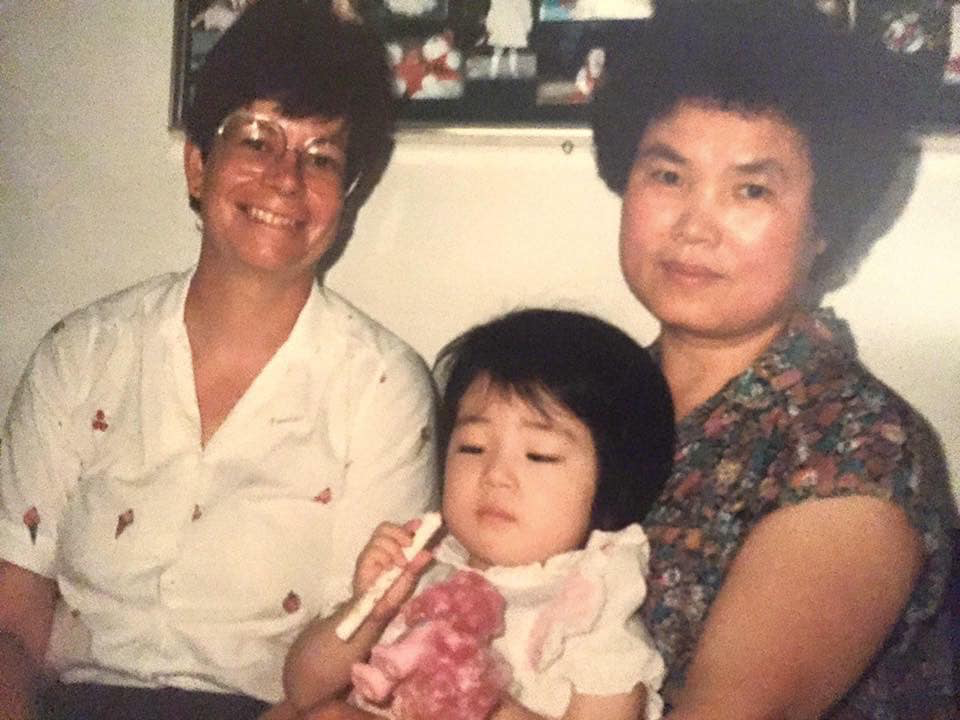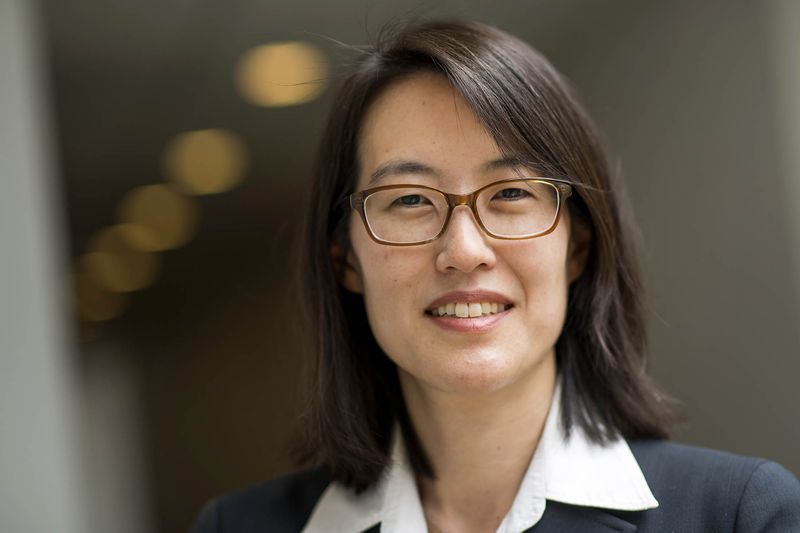
In a new tell-all book (Reset: My Fight for Inclusion and Lasting Change) — which has been excerpted in The Cut — former Kleiner Perkins Caufield & Byers junior partner Ellen Pao reveals the culture of sexual harassment that led to her high-profile gender discrimination lawsuit against the powerful venture capital firm. In 2012, Pao filed a major lawsuit against Kleiner Perkins alleging a culture of gender discrimination, and was terminated from the company while her case was ongoing. Despite a valiant legal battle which included the company’s defense engaging in shameless victim blaming and other forms of character assassination, Pao ultimately lost her lawsuit against the firm. Pao went on to serve for two years as CEO of Reddit (where she notably instituted policies curtailing the posting of revenge porn and eliminating some of the site’s most extremist hate-motivated subreddits), before joining Kapor Capital where she currently works.
Pao’s case against Kleiner Perkins was easily one of the most high-profile and influential gender discrimination lawsuits to be filed against a Silicon Valley firm. Although she didn’t win her battle against a large company with access to vast legal resources, Pao’s courageous lawsuit helped to pull back the veil of Silicon Valley’s culture of sexual and gender harassment.
Pao’s case paved the way for many other women — many of them Asian American women — to reveal their own experiences of gender discrimination in tech; and collectively, the courage of these women in speaking out against a culture of sexual harassment in Silicon Valley is having an impact.
Pao reveals in her poignant and cutting essay the toxic and hostile workplace she endured at Kleiner Perkins, where her identity as an Asian American woman was simultaneously objectifying and alienating. Here is one example by Pao:
When I first got the three pages of specs for a chief-of-staff position at Kleiner Perkins in 2005, it was almost as if someone had copied my résumé. The list of requirements was comically long: an engineering degree (only in computer science or electrical engineering), a law degree and a business degree (only from top schools), management-consulting experience (only at Booz Allen or Bain), start-up experience (only at a top start-up), enterprise-software-company experience (only at a big established player known for training employees) … oh, and fluency in Mandarin.
John Doerr wanted his new chief of staff to “leverage his time,” which he valued at $200,000 per hour. I liked John. People sometimes compare him to Woody Allen, because he has that strange mixture of nervous energy, nerdy charm, and awkwardness, though John was also an unapologetic salesman. His pitch to me: I would be senior to others in this role; Kleiner Perkins was one of the few VC firms with women, and he wanted to bring even more onboard; diversity was important to him.
In retrospect, there were some early warning signs, like when John declared that he’d specifically requested an Asian woman for my position. He liked the idea of a “Tiger Mom–raised” woman. He usually had two chiefs of staff at a time, one of each gender, but the male one seemed to focus mostly on investing and the female one did more of the grunt work and traveled with him. “There are certain things I am just more comfortable asking a woman to do,” John once told me matter-of-factly.
Pao goes on to describe how a short romantic fling with a co-worker — which she ended after discovering he was still married — led to a pattern of professional retaliation that Kleiner Perkins’ senior management either ignored or openly encouraged. Pao explains how as a woman, she was expected to walk a tight rope of being neither too assertive nor too timid, and even still found herself being taken advantage of by male colleagues. Finally, Pao recounts her experiences on the witness stand, where her race and gender contributed to her being stereotyped by defense attorneys, juries, and the media as “distant” and “robotic”.
Silicon Valley’s seedy culture of sexual harassment and gender discrimination has been an undiscussed fact of the tech world for many years, but only recently have tech companies started facing the issue. Compelled by lawsuits like Pao’s, major tech companies have started to grapple with the toxic “frat party” culture of their work environments, which have contributed to the significant underrepresentation of women in the upper echelons of tech company management. Those numbers are even more appalling for women of colour. For example, as summarized in a recent guest post by Ju-Hyun Park here on Reappropriate, Asian American women represent 5% of workers in tech, but are significantly less likely to be promoted to management positions compared to white men, white women, or Asian American men.
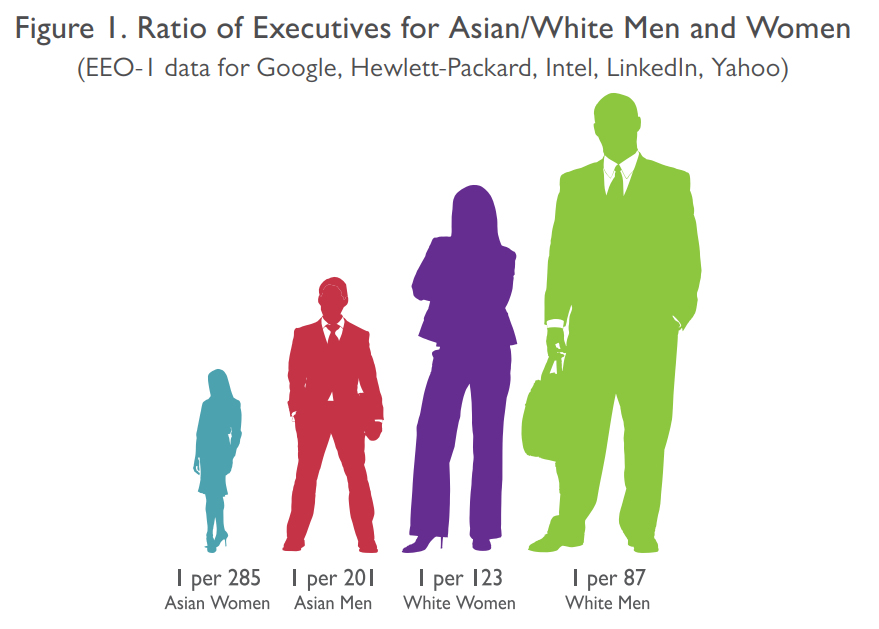
Surveys of women in STEM reveal that all study participants experienced some form of sexual harassment or gender discrimination in the workplace, and that women of colour experience racialized forms of gender stereotyping and abuse. Asian American women, for example, reported in the study that they were often infantilized, hypersexualized, or treated as passive, emotionless, automatons.
Women in Silicon Valley are now pushing back against sexism in Silicon Valley, and many are using lawsuits to do it. In 2015 — and while Pao’s lawsuit was ongoing — former product manager Chia Hong filed a separate lawsuit against Facebook alleging a similar environment of racial and sexual discrimination; she voluntarily dropped the case after court-appointed mediation. Tina Huang, a former employee at Twitter who worked for five years when the company was still new, filed a lawsuit in 2015 after her departure accusing the company of exercising gender discrimination in hiring and promotion decisions; Huang’s case is still ongoing. Other women — including Tinder co-founder Whitney Wolfe and former Google employee Kelly Ellis — also filed gender discrimination lawsuits against their former employers. (Wolfe reached a settlement in her lawsuit; Ellis’ lawsuit appears to be ongoing.)
And, earlier this year, former Uber employee Susan Fowler wrote a blog post detailing sexism at the company. Former Google employee Qichen Zhang recently told The Guardian of the racism and sexism she routinely faced. Several other women of colour, including other Asian American women, told The Guardian that they experienced similar episodes while working at Google.
Zhang, a Harvard graduate, said she was thrilled to get a job at Google in 2013, noting that she loved the “don’t be evil” motto and its reputation as a “politically progressive” company “using technology to improve the world”, she said. “Everybody wants to work at Google.”
While initially enamored, she quickly felt “disposable” and unappreciated as a specialist who was not an engineer – a feeling made worse by the fact that most engineers and their managers were men. She recalled one meeting where she said she was the only woman, surrounded by white male engineers, who excluded her from the discussion.
“It’s just these little daily aggressions that really add up over time,” she said.“Having a lack of people who look like you in general is demoralizing.”
The culture at Google promoted the idea of the “meritocracy”, meaning discrimination is no longer a problem and that women struggling to get promotions should simply work harder and advocate more loudly, said Zhang.
“People had this broad concept of ‘racism doesn’t exist at Google and sexism doesn’t exist at Google’,” she said. “Just because your officemates aren’t saying racial slurs out loud doesn’t mean they’re not racist.”
Zhang added: “They care about getting good press, but they don’t actually want to put in the work to understand racism and sexism.”
Lakshmi Parthasarathy, another former Google employee, describes her male-dominated workplace as follows:
Parthasarathy, 26, emphasized that she liked everyone on her team and has remained friends with them since quitting earlier this year, but added: “You’re the only girl in the room all the time … Google has resources and I think they make efforts in some ways. But there’s only so much they can do when at the end of the day our organization was, at a manager level, mostly male.”
She said she rarely met women over the age of 30 in technical positions at the company: “It’s difficult for women to see paths for themselves at Google or in tech.”
Although she felt supported, she said she wished there was more transparency in the promotion process and salaries, and noted that for some women, Google can feel like a “boys’ club” with a “culture of guys promoting guys”.
Meanwhile, several women including three Asian American female tech developers — Niniane Wang (co-creator of Google Desktop) as well as Susan Ho and Leiti Hsu (founders of Journy) — revealed that they had each been sexual harassed by Justin Caldbeck, the high-powered venture capitalist and co-founder of Binary Capital.
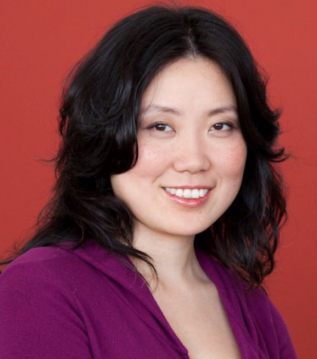
All three women recounted how Caldbeck had made unwanted sexual advances, and that he had in one instance groped one of his victims under a dinner table at a business meeting. A fourth Asian American woman — Ann Lai — filed a gender discrimination lawsuit against Binary Capital and Caldbeck alleging a sexist work environment. The optics of the case against Caldbeck are unmistakable: a white man with power and privilege seeks to coerce sex from women of colour whose bodies he perceives as having entitlement over, and whose professional statuses are vulnerable enough that he is not concerned about facing consequences for his abusive behaviour. Most importantly, Caldbeck likely stereotyped his Asian American female victims as passive and unassertive, which he believed would guarantee their silence in the face of sexual harassment. He was wrong.
Binary Capital initially responded to the allegations by doubling down on their defense of Caldbeck, and dismissing the abuse claims against Caldbeck as merely a byproduct of his “social interests”. However, days after that shocking statement, Binary Capital’s other co-founding partner, Jonathan Teo, issued a heartfelt mea culpa, confessing that he knew of Caldbeck’s abusive behaviour “long ago”.
Caldbeck has since admitted that he abused his power to try and curry sexual favours from women in Silicon Valley, and he has been placed on indefinite leave from Binary Capital.
Clearly, the courage of women who choose to speak against sexual harassment in Silicon Valley is having an impact. Indeed, famed lawyer Anita Hill — who testified before Congress in 1991 that then-nominee for the Supreme Court Clarence Thomas had sexually harassed her — suggests that women in tech should file class-action lawsuits if they want to change the sexist culture of Silicon Valley. She writes:
We can’t afford to wait for the tech industry to police itself — and there are few indications that it will ever do so.
… Instead, women in the industry should collectively consider their legal options. Top among these would be class-action discrimination cases against employers.
… The male-dominated leadership of Silicon Valley has proved unwilling or unable to solve systemic gender inequality, and the leaked Google memo should serve as an alert about how deeply and passionately anti-equality attitudes are held. It’s time women in tech consider taking advantage of the law to disrupt the industry once and for all.
Currently, sixty women are contemplating joining a class-action lawsuit against Google over pay discrimination and workplace sexism after the leaking of a sexist manifesto written by a former male employee of the company. Pao reminisces on the so-called “Pao Effect” — the growing number of women who are speaking up about sexism in Silicon Valley — and the effect her lawsuit had on it.
In the wake of my suit, I often heard people say that my case was a matter of “right issues, wrong plaintiff,” or that the reason I lost was because I wasn’t a “perfect victim.” I’ll grant that only someone a little bit masochistic would sign up for the onslaught of personal attacks that comes with a high-profile case, but I reject the argument that I wasn’t the right person to bring suit. I was one of the only people who had the resources and the position to do so. I believed I had an obligation to speak out about what I’d seen.
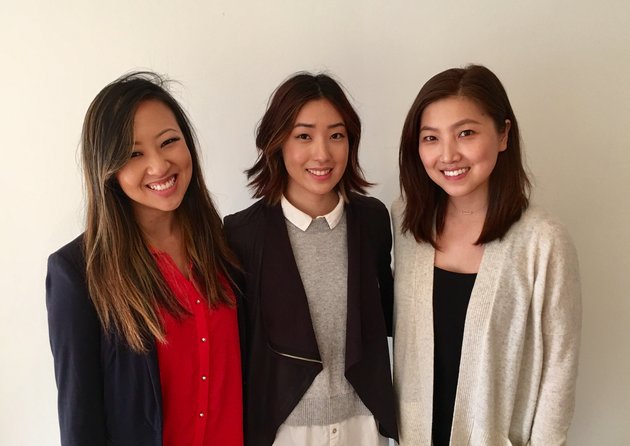
For those women who don’t have the resources that Pao had, they are fighting back against Silicon Valley in other ways. Earlier this year, Huffington Post profiled three Asian American women — Annie Shin, Tammy Cho and Grace Choi — who were motivated by Susan Fowler’s revelations about her time at Uber to create BetterBrave.com, a web resource for women experiencing workplace sexual harassment.
The time of the good ‘ol (white) boys’ club of Silicon Valley is reaching an end; and there is nothing more heartening than seeing powerful Asian American women join forces with other women in tech to usher it on its way out.


